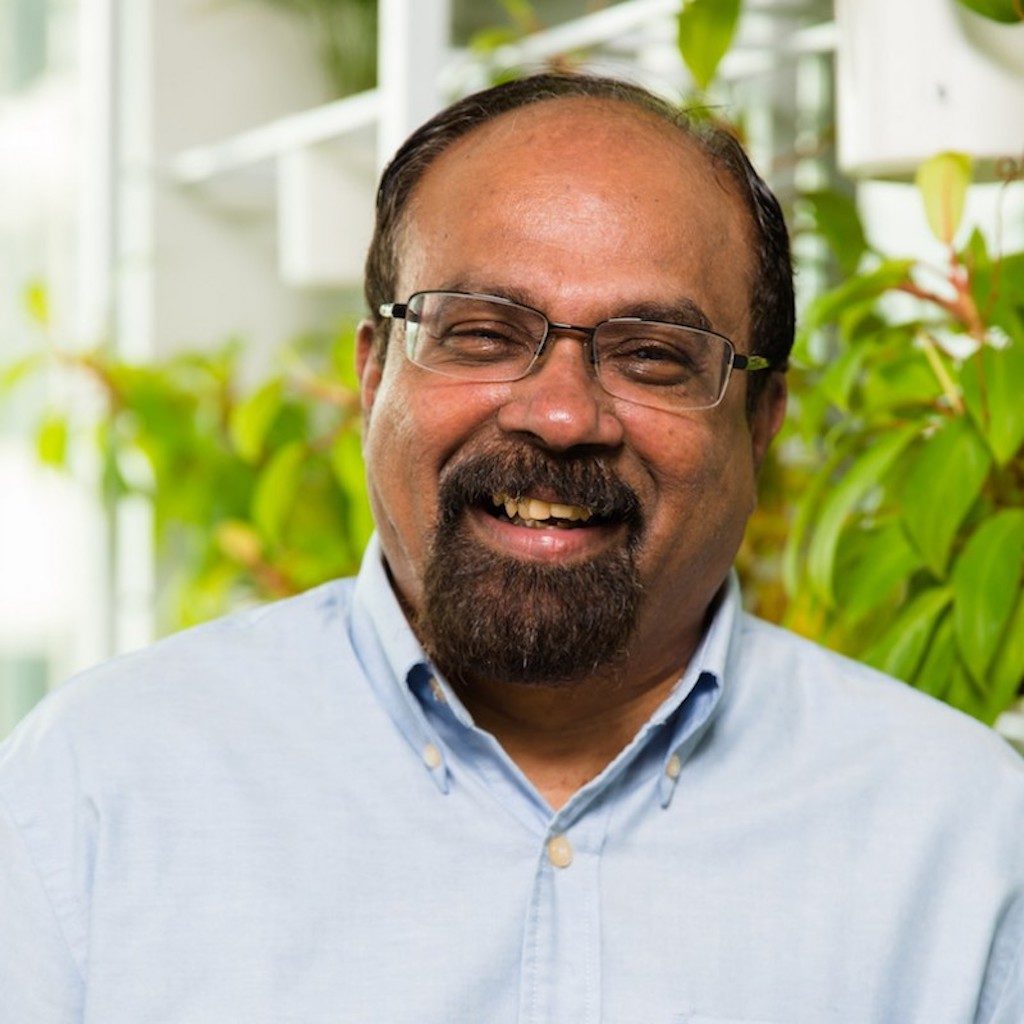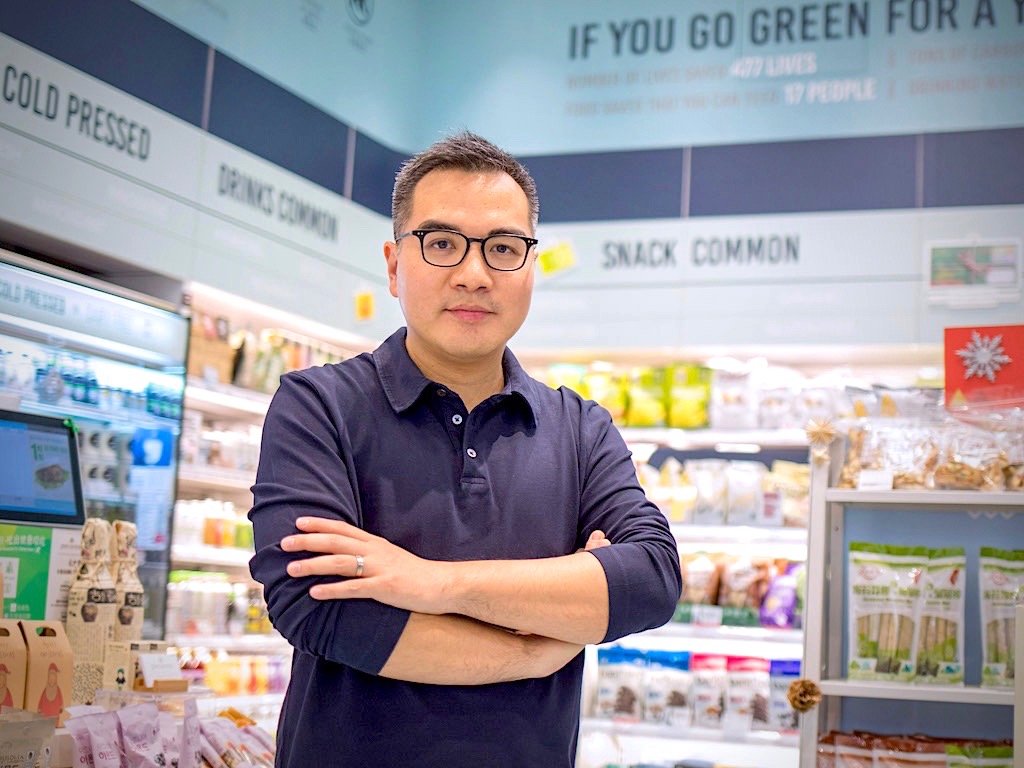5 Mins Read
In a recent virtual conference, big names in food policy and alt-protein came together to discuss some of the most pressing food challenges that lie ahead. Hosted by Chinese e-commerce giant Pinduoduo, the Food Systems Forum was joined by the likes of UN special envoy Dr. Agnes Kalibata and Green Monday’s David Yeung. Needless to say, there was so much to learn, but we’re here to help break it down.
Here, we hone in on a special nutrition panel that took place during the event, which saw Yeung joined by two food and nutrition experts, Professor Jessica Fanzo of Johns Hopkins University and Professor Jeyakumar Henry of Singapore’s A*STAR. This fascinating discussion moderated by American activist and founder of Food Tank, Dani Nierenberg, covered everything from the health profile of plant-based meat to food security.
Here are 5 key things we learned during the panel.
1. Alt-protein ingredient lists are only going to get shorter
For some consumers, the long ingredient lists and the processed nature of some plant-based meat alternatives on the market are a deterrent. It’s only becoming a bigger concern as shoppers become more health-conscious, driving the rise of the “clean label” movement.

But food innovation is catching up fast to meet consumers’ demands, says Professor Henry. “The alternative protein paradigm is a disruptive science that we have never seen ever in our history,” he says, detailing how scientists are now coming up with new ways to use plants to create novel proteins. For instance, we’re taking soy isolate from soybeans, and cassava starch from cassava root. Yes, that means processing, but Henry is clear that “we’re doing something exceptional here” and is a “vehicle for many sources of addition of nutrients”.
“But I can tell you here and now that the science is moving so fast and so phenomenally rapidly, that in the next year or two, that level of the ingredient list is going to come down from being an arm’s length to hands length,” he continues. “I’m very optimistic.”

2. Plant-based meat is an ‘intermediate’ health step
David Yeung, who founded the company behind the now world-famous vegan pork brand OmniPork, adds that no one is advising that meat alternatives be consumed in excess. He’s clear that in terms of health if the choice were between plant meats or organic quinoa, kale, and other whole foods, the latter wins out.
What Yeung believes, however, is that plant-based meats can be a pathway for healthier dietary choices. “Upgrading people from processed meats to alternative meat is at least…a very significant upgrade because if people are eating bacon or sausages or many of these processed meats, these are classified as carcinogenic by the World Health Organization.”
He adds that for many mainstream consumers, eating organic whole foods is a huge step to take. “So having that intermediate step really help[s],” shared Yeung. “[It’s] both obviously better for the planet, better for health, but also make sure that people are not sacrificing on their plates on something they’ve been eating all their lives. That’s really the main purpose.”

3. Let’s have a value-led labeling system
Of course, for other consumers, health might not be as big a priority as animal welfare. That’s an argument that many junk food-style alt-protein brands make—that their products are not necessarily the healthiest, but they ensure zero animal cruelty.
For Professor Fanzo, this is where a value-led labeling system would come in handy. “It really depends on what people value,” she says. “And does that product fit in your values? So if you care about animal welfare, maybe eating these plant-based meats are important. If you care about health…maybe you’d go more towards legumes or vegetables.”
“I wish we had a labeling system on the front of packages more around values,” Fanzo explains, listing different concerns like animal welfare, fair trade, water footprint, and nutrition as some examples. “It’s giving that information to people and allowing them to make those choices.”

4. Taste is still key for sustainable protein adoption
Both Fanzo and Yeung went on to emphasise that in order to get more people to shift to sustainable proteins, which is going to be necessary to battle climate change, satisfying consumers’ desire for tasty food will always be important.
“I think there’s really something to be said about delving into people’s tastes, what they care about, what they like and providing products that do that,” said Fanzo. “And there’s going to be trade-offs with every kind of food we consume, not everything is going to always check those ethical boxes.”
Yeung agreed, noting that “nudging people requires a lot of things and sometimes, they’re not asking for the most wholesome thing. They’re not asking for the most sustainable [either].” For many, it’s about having a “very delicious and fulfilling meal,” he shares.

5. We need to focus on nutrition security
Building a resilient food supply is top of mind for many countries right now. But Professor Henry wants to be clear that it isn’t just about secure supply chains, it’s about ensuring that healthy, nutritious food gets equally distributed and is accessible to everyone.
For Henry, the 900 alt-protein companies out there are just focused on the “apex of the pyramid…[of the] rich, affluent and capable of buying.” That’s important, but he says that we’re at an inflection point where we have an “incredible opportunity to actually wealth create, but also to health create.”
“[We] miss a unique opportunity to change the footprint of mankind,” he continues, urging food innovators to ask the question: “Is it just to make money, or also provide health? I think that’s an important priority.”
Lead image courtesy of Impossible Foods.




